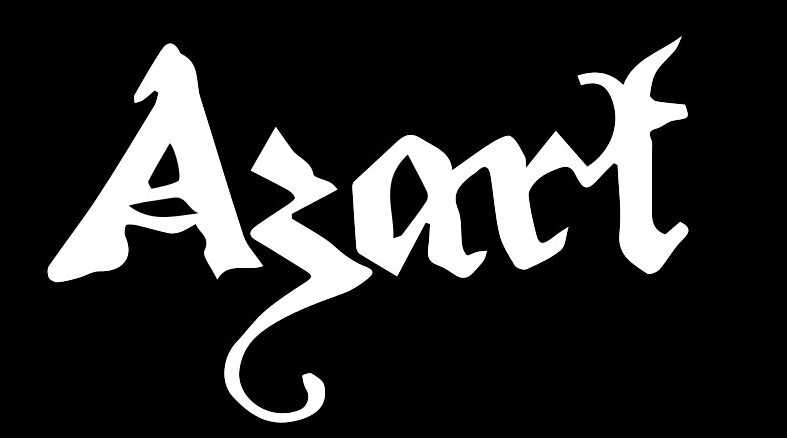THE WHEEL OF FORTUNE

A millennial pilgrimage across Europe
Born in the mediterrean
The Moorish AZ-ZAHR (الزهر) means "flower" or “the whole mountain in flower after the spring rains”. This AZHAR became, more than thousand years ago, the name of a dice game in which a flower was depicted on the 6th side of the die – the fatal throw that spelled instant loss. The Greek ΖΆΡI (ZARI) signifies "dice". Before and during the crusades the game – and name – spread all over Europe and became very popular. In Portuguese AZAR came to mean "bad luck". The Spanish AZAR and Catalan ATZAR got the more neutral meaning of "fate, destination" and the French HASARD "opportunity, chance". That the game was exciting might be proved by the Italian AZZARDO for "venture", the English HAZARD and Croatian XAЗАРД for "danger, risk" or the Polish HAZARDZISTA for “professional gambler”. Through German aristocratic circles, where HASARD was a popular gambling game, the game – reached in the 17th century Russia, where AЗАРТ came to mean "the passion to put everything at stake".

AZ-ZAHR Moorish, 10-th c. Flower
AZAR Portuguese 11-th c. Bad Luck
ATZAR Catalan, 12-th c. Fate
AZAR Spanish 12-th c. Fate
HASARD French 12-th c. Chance
AZZARDO Italian 12-th c. Venture, dangerous Enterprise
HAZARD English, 13-th c. Danger, risk
XAЗАРД Croatian, 15-th c. Danger, risk
HAZARD German, 17-th c. Game, gamble
HAZARDZISTA Polish, 18-th c. Professional gambler
AЗАРТ Russian 18-th c. The passion to put everything at stake
AZART (1989) ART from A to Z, name of the ship
AZART SQUARE (1994) Name of Amsterdam home port

.jpg)
